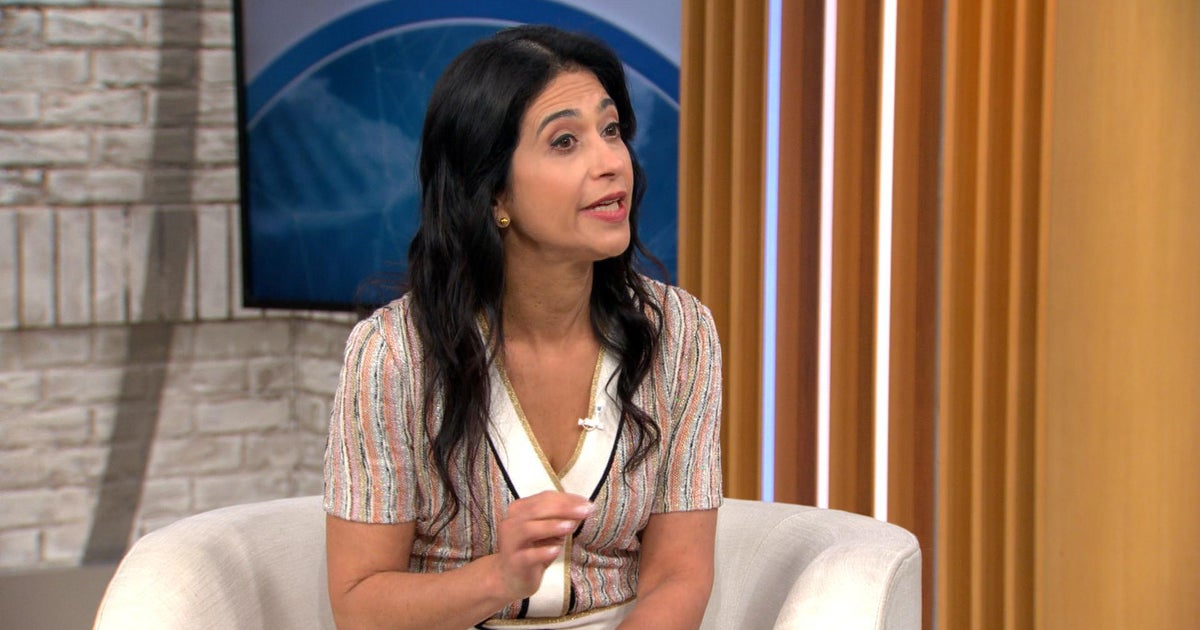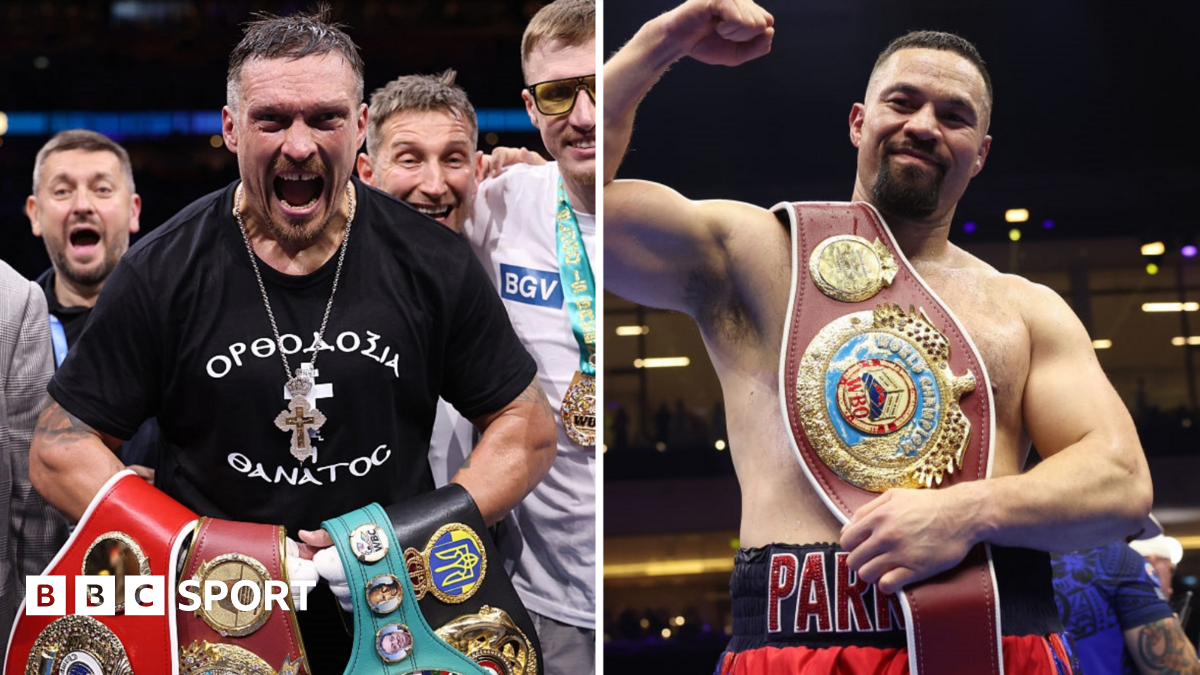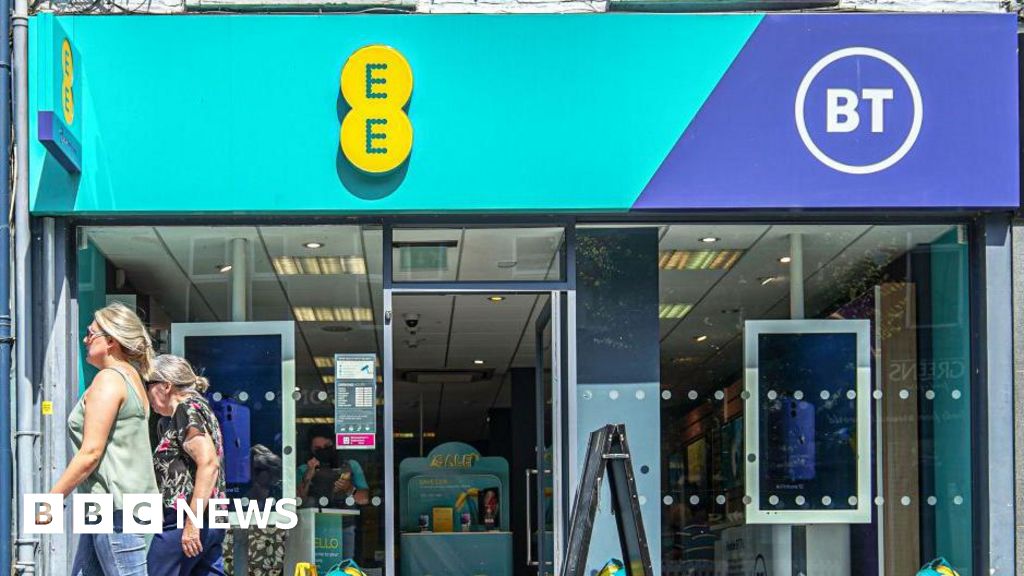Donald Trump on Thursday signed an executive order prohibiting “third-party, pay-for-play” payments to college athletes, a move the White House says is intended to curb the booster-funded bidding wars that have upended the landscape of college sports in recent years.
The order asserts that recent court rulings and a patchwork of conflicting state laws have dismantled long-standing NCAA rules, creating what it describes as a “chaotic environment” that threatens the financial stability and competitive balance of collegiate athletics.
It marks the most aggressive federal intervention yet in response to the rapid commercialization of college sports, particularly in football and men’s basketball, where top programs now spend tens of millions of dollars to attract and retain athletes through name, image and likeness (NIL) deals.
Under the new directive, schools would be expected to eliminate any third-party NIL payments used as recruiting inducements, while still allowing fair-market compensation for legitimate services such as brand endorsements.
The order also seeks to protect women’s and non-revenue sports, directing athletic departments to preserve – and in some cases expand – scholarship opportunities and roster spots in programs that don’t generate significant revenue. Starting with the 2025–26 academic year, schools with more than $125m in athletic revenue are urged to increase their investment in non-revenue sports, while schools with $50m or more are required to maintain existing levels.
The president’s order points to growing disparities fueled by state-level legislation, including the more than 30 states that have passed NIL laws, and warns that the resulting imbalance has created an “oligarchy” of wealthier programs that can simply outbid rivals for the best players. It also cites rising concerns that runaway NIL spending is draining resources from Olympic and educational sports that form the foundation of America’s athletic system.
“Absent guardrails to stop the madness,” the order reads, “many college sports will soon cease to exist.”
In addition to targeting NIL abuses, the executive order:
-
Calls on the Department of Education, the FTC, and the Department of Justice to develop enforcement and regulatory plans within 30 days
-
Directs the Department of Labor and National Labor Relations Board to clarify the employment status of student-athletes in ways that prioritize educational benefits
-
Instructs federal agencies to use Title IX enforcement, funding decisions, and litigation strategy to protect the long-term viability of college athletics
-
Encourages collaboration with Congress and state governments to advance a national framework
The order highlights the outsized role that college athletics play in US Olympic success, noting that 75% of athletes on the 2024 Olympic team were current or former collegiate athletes, and argues that preserving a broad base of non-revenue sports is essential to maintaining America’s international dominance.
While the order outlines sweeping federal priorities, it remains unclear how many of its provisions will be implemented in practice, particularly in the absence of new legislation. Still, the White House insists the move is necessary to restore fairness and stability to a system that it describes as “drifting toward professionalization”.
“College sports are not, and should not be, professional sports,” the order declares. “A national solution is urgently needed before it’s too late.”







 English (US) ·
English (US) ·